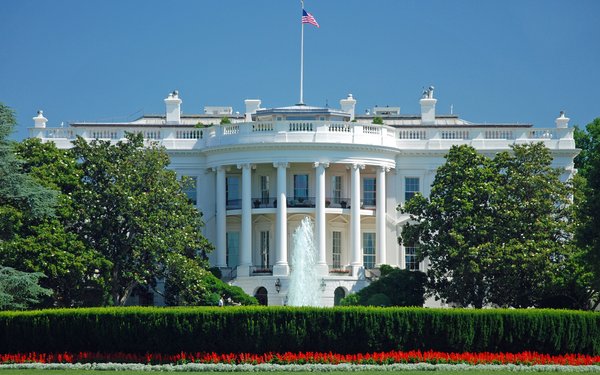
The Biden administration reached a deal with big tech
companies Amazon, Google, Microsoft, Meta, and OpenAI to put more safeguards around
artificial intelligence (AI), including the development of a watermarking system to help users identify AI-generated content. The effort aims to curb misinformation and other risks that stem from the
technology.
Seven U.S. companies, which also includes AI startups Anthropic, and Inflection, have voluntary committed to work to ensure their AI products are safe before
releasing them. Some of the commitments call for third-party oversight of the workings of commercial AI systems. Thought it's not yet known the names of details around the audit system that will hold
companies accountable.
advertisement
advertisement
The increase in commercial investment in generative AI (GAI) tools from Google Bard, Microsoft Bing Search, as well as newly announced platforms from Newswire and others
that can write convincingly human-like text and create new images and other media out of descriptive words and photographs has brought on concerns about the spread of disinformation and
falsehoods.
The companies have also committed to methods for reporting vulnerabilities to their systems and to use digital watermarking to help distinguish between real and deepfakes,
which are AI-generated images. The companies also agreed to publicly report flaws and risks in their respective technology, including effects on fairness and bias.
The White House
said that the commitment announced today is part of a broader commitment by the Biden-Harris Administration to ensure AI is developed safely and responsibly, and to protect Americans from harm and
discrimination. A Blueprint for an AI Bill of Rights also was developed to safeguard Americans’ rights and safety, and
U.S. government agencies have increased efforts to protect Americans from the risks
The news comes days after Microsoft and Meta announced an extended alliance to expanded an artificial
intelligence (AI) partnership with the release of the new large language model (LLM), Llama 2, free for research and commercial use.
The U.N. Security Council earlier this week held its
first formal meeting to discuss potential economic and security impact from using AI. China wants to embrace AI, but also dominate in the technology.
The state media outlet Xinhua on in May issued a statement summarizing the Politburo’s quarterly meeting on China’s social and economic development, the Politburo – headed by
President Xi Jinping. It concluded
that China must “pay attention to the development of [artificial general intelligence], create an ecosystem for innovation but at the same time take risk prevention into
account.”